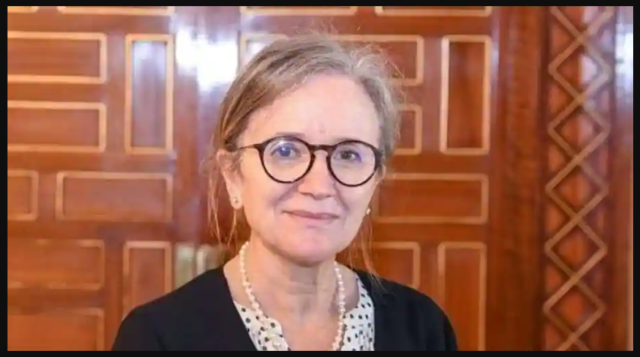The Tunisian Republic of Tunisia is the northernmost country in Africa. It is a Maghreb country and is bordered by Algeria to the west, Libya to the southeast, and the Mediterranean Sea to the north and east. Its area is almost 165,000 square kilometres, with an estimated population of over 11.5 million. While the capital of Tunisia is Tunis, its currency is Tunisian dinar (TND).
Tunisia was once one of the major players in the Mediterranean as it is at the centre of North Africa, close to vital shipping routes. Realising its strategic importance the Roman, Arabs, Ottoman Turks and French made it their hub. The French colonial rule ended in 1956 and then Habib Bourguiba who was the architect of their independence led to the path of growth and development of the country.
Tunisia has been prosperous than the others around. Although agriculture is the main source of income yet tourism plays a key role. The country transition as a developing one has been peaceful yet there has always been fear of the growing influence of conservative Islamists. Over the years, there has been tension growing which has led to what people are calling a democratic crisis.
There has been an important change in bringing women on the platform of mainstream government. The significant change comes in the Arab world with Tunisia becoming the first country to appoint a female prime minister. President Kais Saied named Najla Bouden Romdhane for the post and asked to form a government with limited executive clout. During a video call from the president’s office stated that “This is the first time a woman has led a cabinet in Tunisia’s history”. Further, he stated that “To Tunisia and Tunisian women, it is a great honour.”
Najla Bouden Romdhane is a professor of geophysics at the National School of Engineers in the capital Tunis. In 2011, she was appointed director-general in charge of quality at the Ministry of Higher Education. Although it is a much-needed step towards women empowerment yet the country faces the worst of times with both political and economic crises. Her appointment during such times will make her work not only difficult but also something that will be kept under watch.









